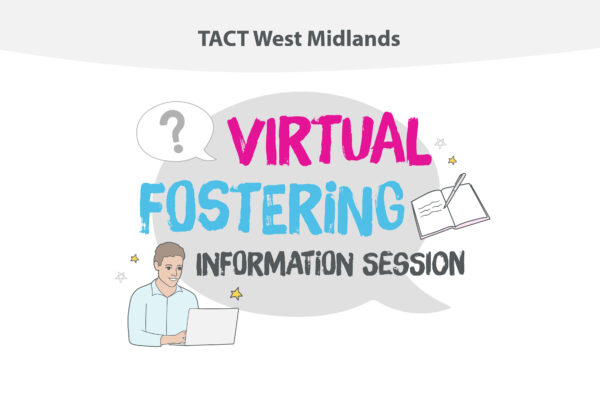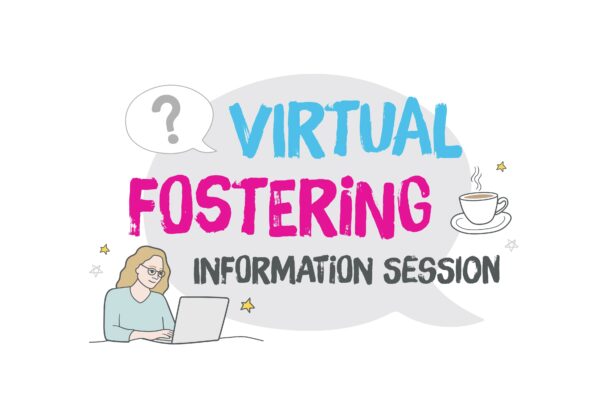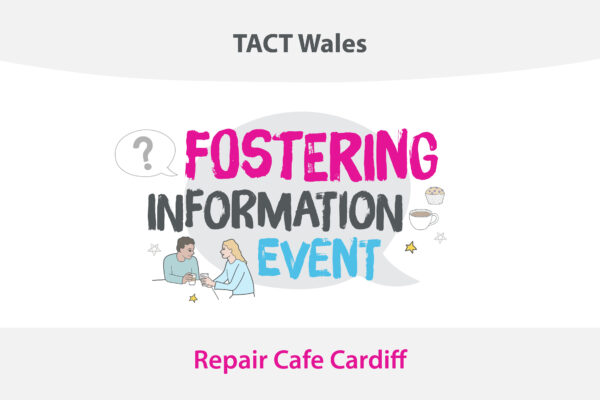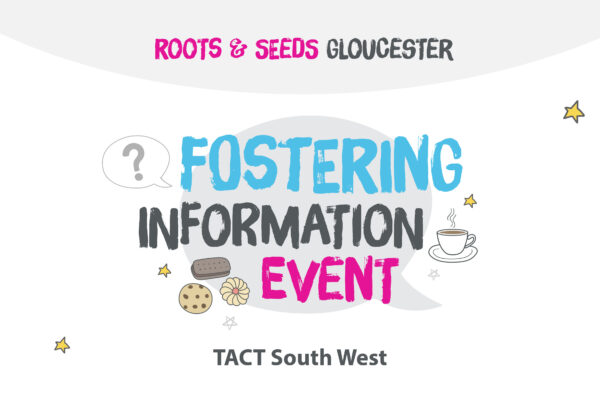Foster Care Fortnight: The Power Of Relationships
It’s Foster Care Fortnight from 12th-25th May. Organised by The Fostering Network, a charity and membership organisation, Foster Care Fortnight is a time to celebrate the remarkable difference foster carers make to children’s lives, and to raise awareness of the ongoing need for new foster carers. The theme for Foster Care Fortnight 2025 is The Power of Relationships.
In foster care, relationships are everything. Whether that be between social workers and foster carers, or between a foster carer and their family support network, establishing meaningful connections is not only vital, but it can lead to better communication and support for foster carers.
“So relationships are at the heart of everything TACT does. There’s the relationship our foster carers have with their Supervising Social Workers, the relationship they have with the Admin Workers in their local team and the relationships they have with their central teams. So TACT are just one big family, and we’re all geared to doing one thing: making sure that children can be looked after and brought up in safe, stable and loving homes.”
Andy Elvin, TACT CEO
Let’s look at the four key relationships in foster care.
1. Foster carers and young people
The most significant connection in foster care is that between a foster carer and a young person.
After a young person is ‘matched’ to a fostering household, based on the child’s specific needs and requirements, a big part of a foster carer’s role is to establish a rapport with that young person. Not only will this help children to settle initially, it will also lead to improved wellbeing and mental health – and will enable the foster carer to better implement therapeutic strategies and approaches.
For young people, coming into care can be both stressful and upsetting. Their ability to trust others will be naturally impacted, and they will be carrying a degree of past trauma. Whilst it is important for them to feel a part of a household, this may take time. Once established, the bond between young person and foster carer can be life changing.
Chloe was fostered by TACT foster carers, Jillian and Ronald. Whilst Chloe found it difficult at first, she eventually established a bond with her foster carers that changed everything: “I was really shy when I first moved in and barely said a word for the first two months. But Jillian worked hard to coax me out of my shell.
“She would invite me to join her on shopping trips, or to join in when the family was playing games. She would also ask me open-ended questions that required more than just a yes or no answer, and eventually I found my voice.”
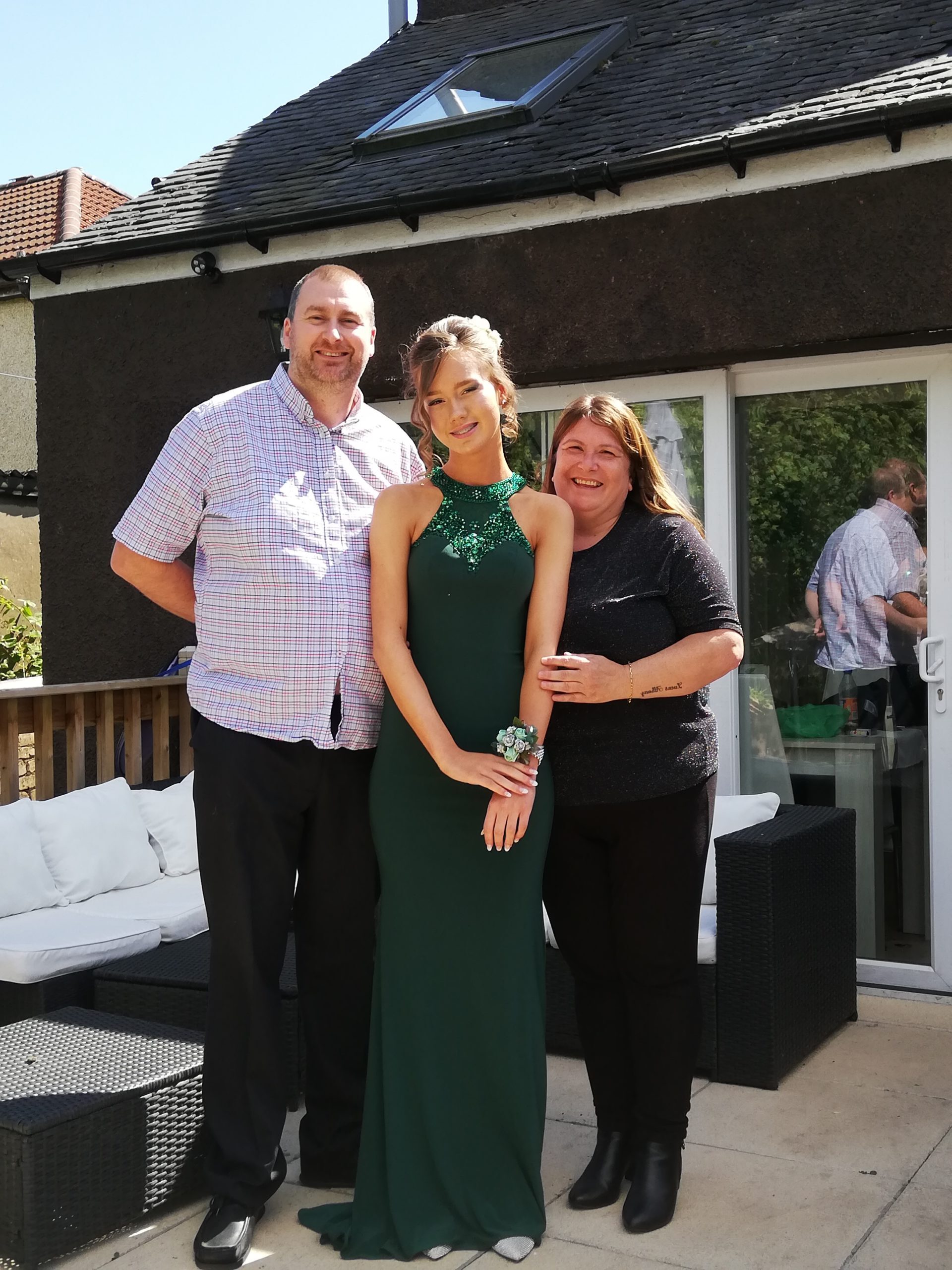
“I was 6 years old when I was first placed into care. At 14, I moved in with Jillian and Ronald, who I continue to live with to this day. Jillian and Ron completely turned my life around and have had massive positive impact on me. They treated me like their own daughter and I really felt like I was a part of the family.”
Chloe – care-experienced young person
When young people leave care, this doesn’t necessarily mean that the bond established between young person and foster carer is severed. If it is in the best interests of the young person, they can remain in contact with their foster carer. In some cases, maintaining that connection is highly important due to the significant role a carer has played in a young person’s life.
2. Foster carers and Supervising Social Workers
Other than family and friends, the most important connection a foster carer will make will be with their Supervising Social Worker (SSW). This is because, in most cases, their allocated SSW would have been the first person to visit them in the early enquiry stage and probably would have taken them through the application and assessment process.
Their SSW would then have provided them with ongoing support, other than any out-of-hours help and advice they may have needed.
Whilst it is important to highlight the bond between foster carer and SSW, it is often something that occurs naturally due to the aforementioned enquiry, application and assessment processes. Additionally, a SSW will visit the foster carer on a regular basis to provide support and advice.
At TACT, not only do we reinvest in wellbeing events and resources for our foster carers, but we ensure that this filters through to our staff – meaning our SSW retention is above average. This means that our foster carers are more likely to receive consistent support from the SSW that conducted their assessment.
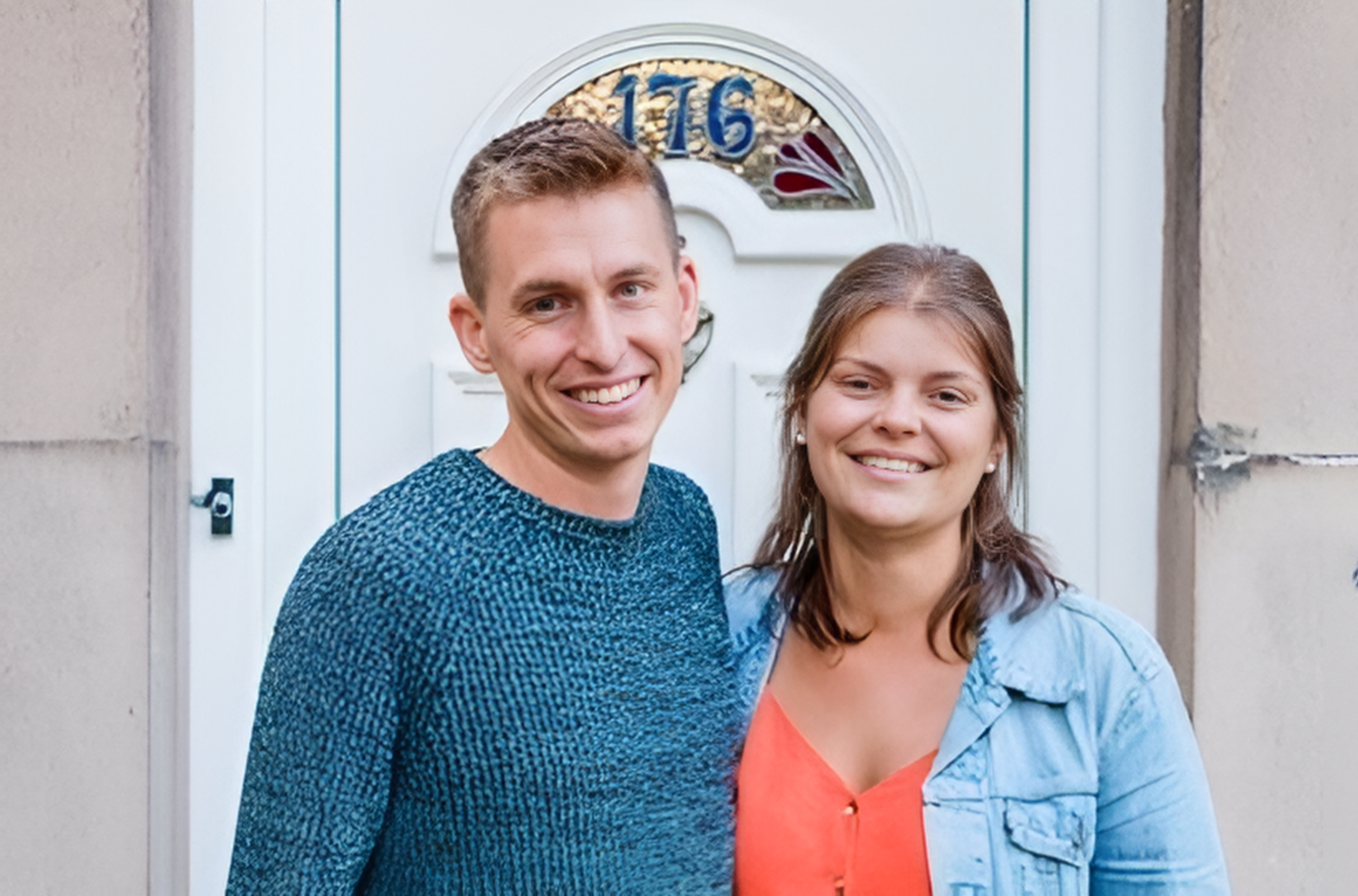
“Our social worker has gone above and beyond to help us out, both practically and also emotionally when things have been hard.
“She has got to know the children we look after which has helped us hugely as we’ve reflected together about how best to meet their needs and manage challenges.”
Alice & James – TACT foster carers since 2022
3. Foster carers supporting each other
Establishing working relationships between foster carers is so important. It can lead to long-term friendships, an extension of the support network, and reciprocal short break fostering opportunities.
These relationships are established at our support groups and wellbeing days that operate in each of our regions.
The rapport between carers is based upon empathy and a mutual understanding of the day-to-day experiences, thoughts and feelings of providing care to young people. To be able to talk to another person who may be able to provide insight and a different perspective is priceless.
TACT also have Foster Carer Reps in each area. These are experienced TACT foster carers who act as a voice for other carers in their region. This creates additional connections and means that foster carers have a forum where they can share ideas and issues they may have. Reps then meet with TACT staff to share collected feedback and suggestions.

“To bounce off someone else’s ideas in a group – it’s actually unbelievable to hear how someone else would have done something, to get a different outlook on things. So relationships that you build with other foster carers is very important”
Trina – TACT Foster Carer & carer Rep since 2009
4. Other significant relationships in foster care
When a young person comes into care, there are a number of professionals whose role it is to provide support, advice and specialist knowledge. We sometimes call this the ‘team around a child’. This team will include the young person’s local authority social worker, education professionals – and depending on the level of support offered by a fostering organisation or local authority, a number of additional support networks.
As a charity, we provide our own in-house Education and Health Services, Engagement and Activity Practitioners and Children & Young People Wellbeing Practitioners. We also provide Connect – a dedicated community for TACT care-experienced young people. As well as inter-departmental working, our staff establish connections with local authority social workers, foster carers and children.
Relationships are everything in foster care. They enable professionals to work together to help empower young people to change their own lives. You could help young people make that difference.
Read more about The Power of Relationships.
TACT are supporting Foster Care Fortnight 2025. #FCF25
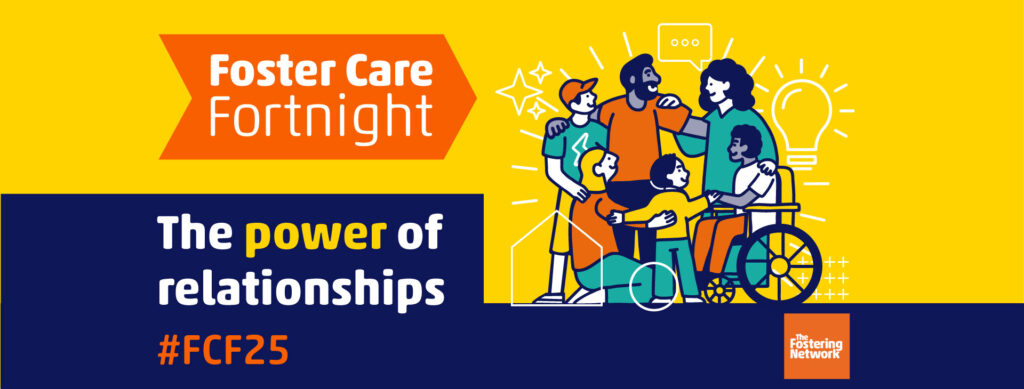
Foster Care Fortnight Information Events
- February 3, 2026
- Virtual, West Midlands,
- Time: 12:30 am – 1:30 pm
West Midlands Virtual Information Event – 3rd February
Live in the West Midlands? Our virtual information event on 3rd February is the perfect opportunity to learn more from the comfort of your own home.
- February 4, 2026
- East Midlands, London, North West, Scotland, South West, Virtual, Wales, West Midlands, Yorkshire & North East,
- Time: 5:30 pm – 6:30 pm
Virtual Information Event – 4th February
Our virtual information event on 4th February is the perfect opportunity to learn more from the comfort of your own home.
- February 7, 2026
- Wales
- Time: 11:00 am – 2:00 pm
Cardiff Information Event – 7th February
Live in Cardiff? Come along to our fostering information event at Repair Café on Sat 7th February to learn more about becoming a foster carer.
- February 11, 2026
- South West
- Time: 10:00 am – 12:00 pm
Gloucester Information Event – 11th February
Live in the South West? Come along to our fostering information event at Roots & Seeds on Wed 11th February to learn more about becoming a foster carer.
- February 18, 2026
- Virtual, West Midlands,
- Time: 5:30 pm – 6:30 pm
West Midlands Virtual Information Event – 18th February
Live in the West Midlands? Our virtual information event on 18th February is the perfect opportunity to learn more from the comfort of your own home.
- February 19, 2026
- East Midlands, London, North West, Scotland, South West, Virtual, Wales, West Midlands, Yorkshire & North East,
- Time: 12:00 pm – 1:00 pm
Virtual Information Event – 19th February
Our virtual information event on 19th February is the perfect opportunity to learn more from the comfort of your own home.

